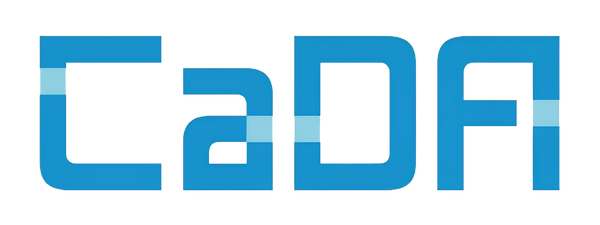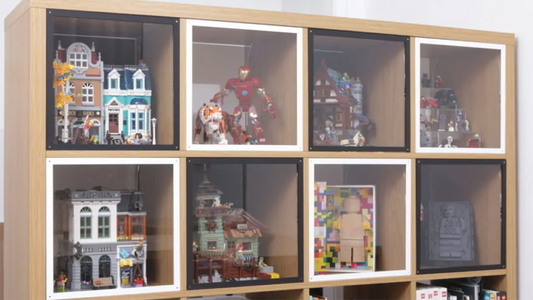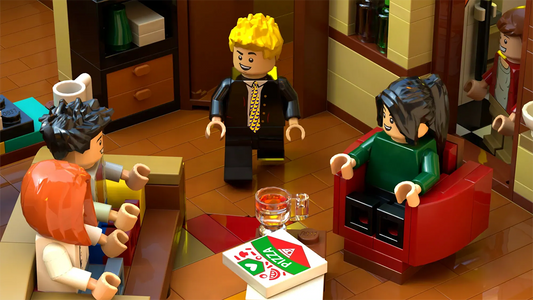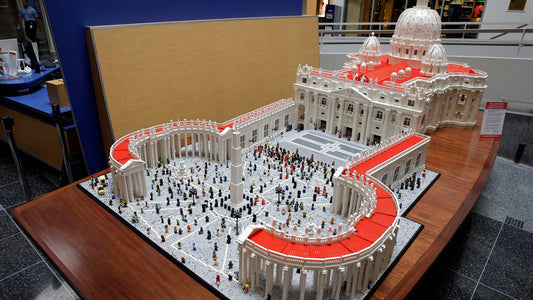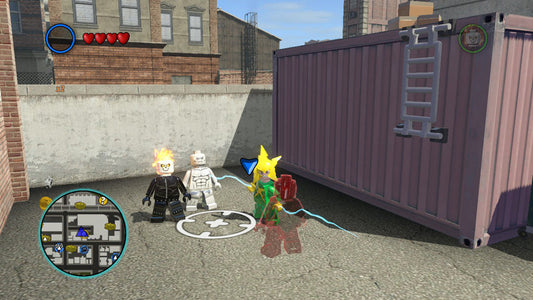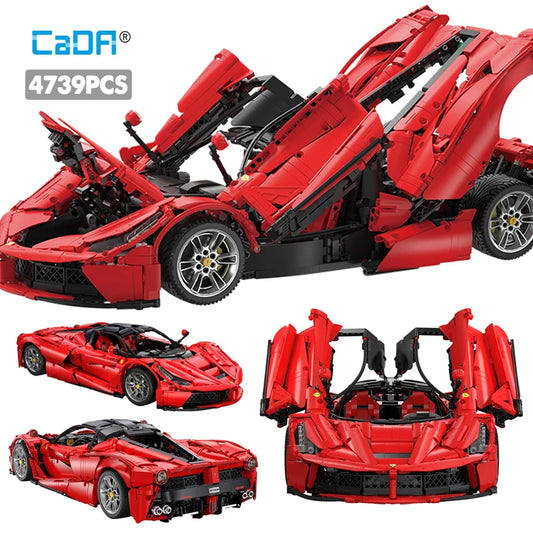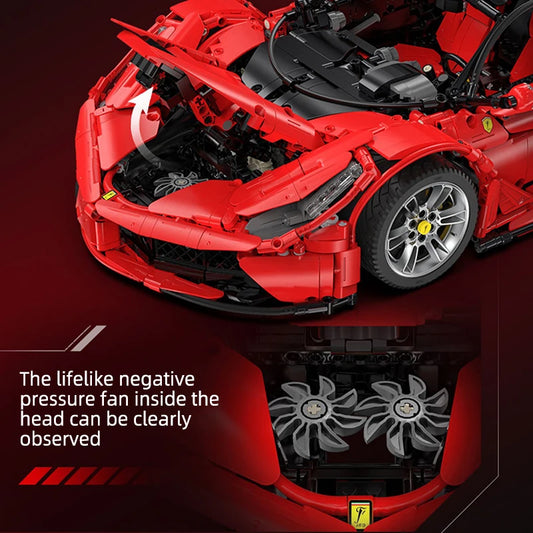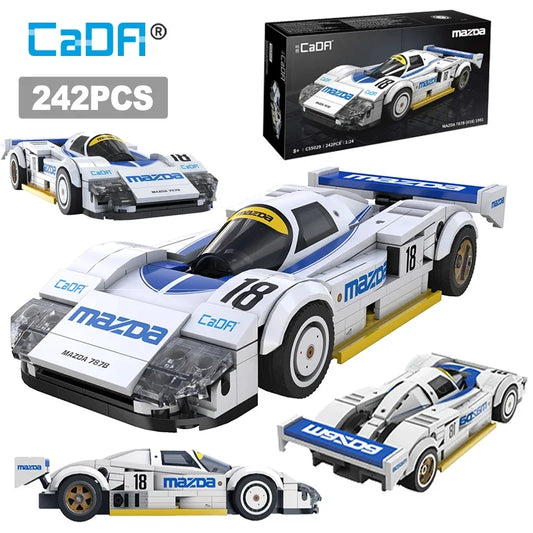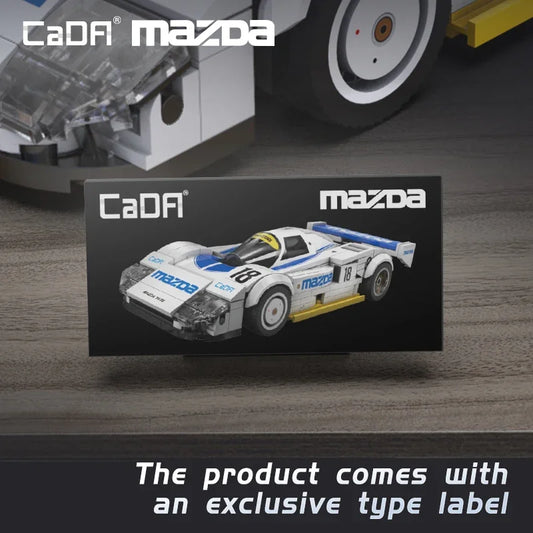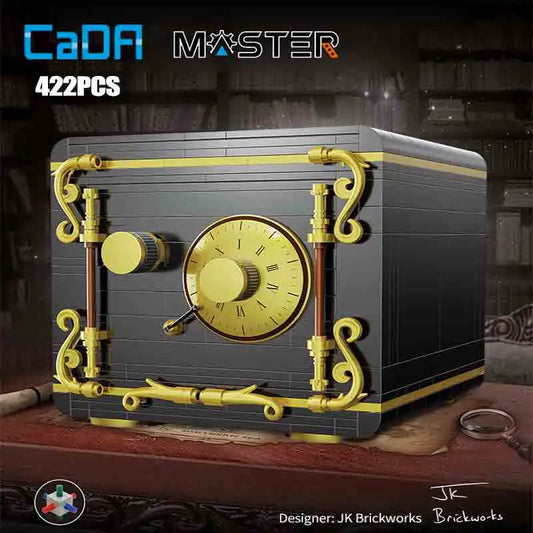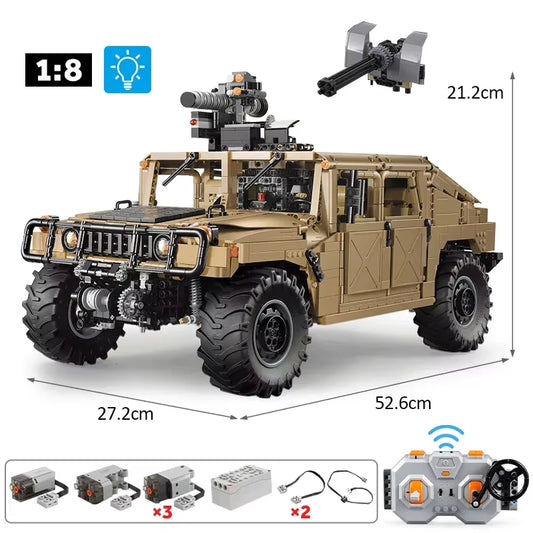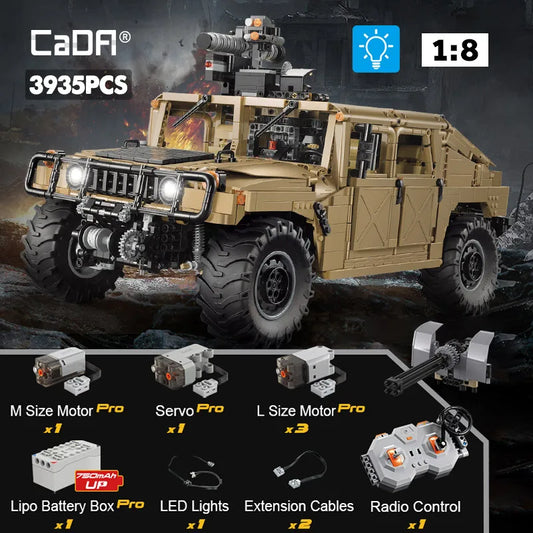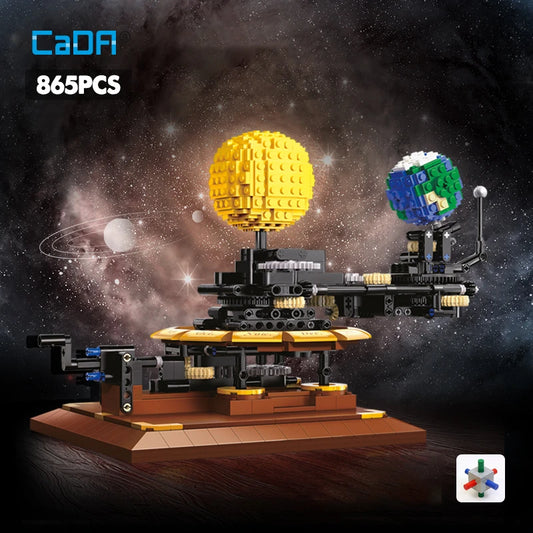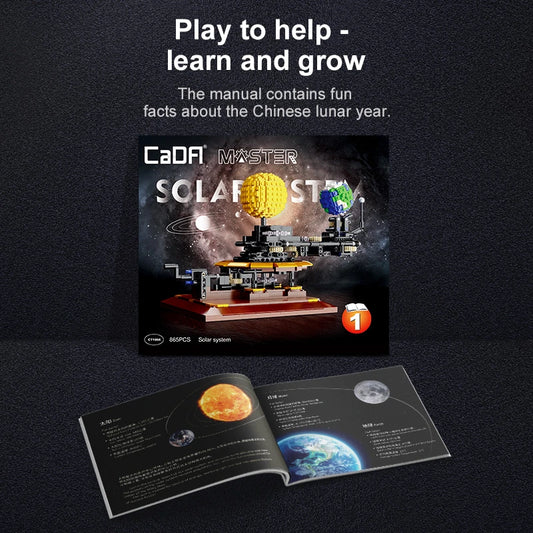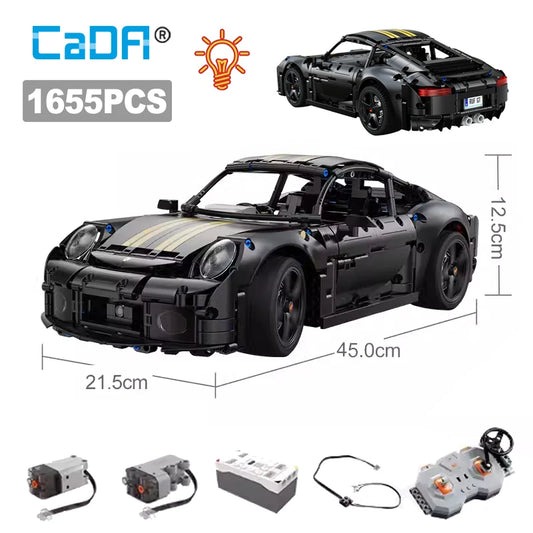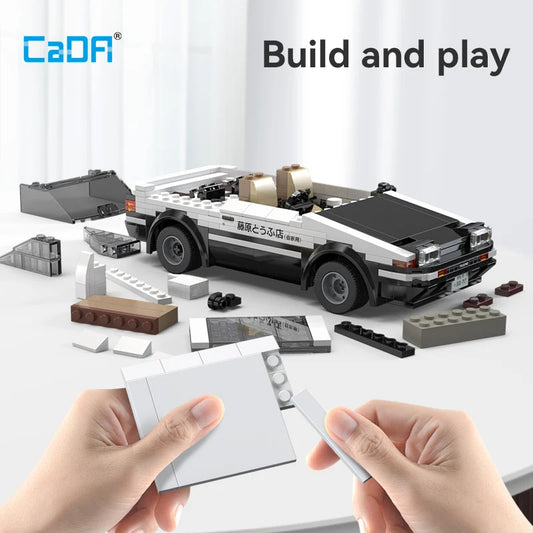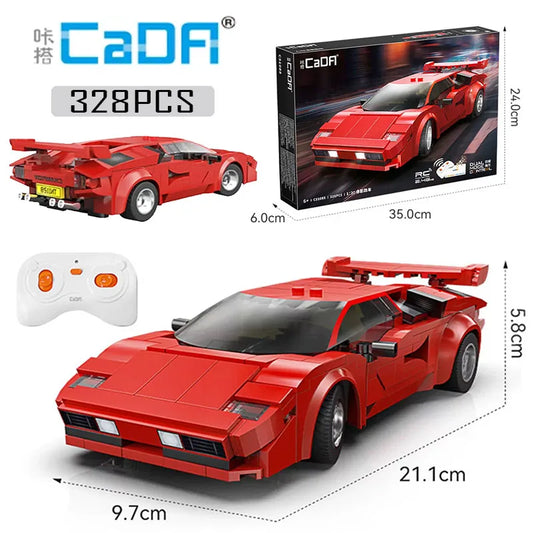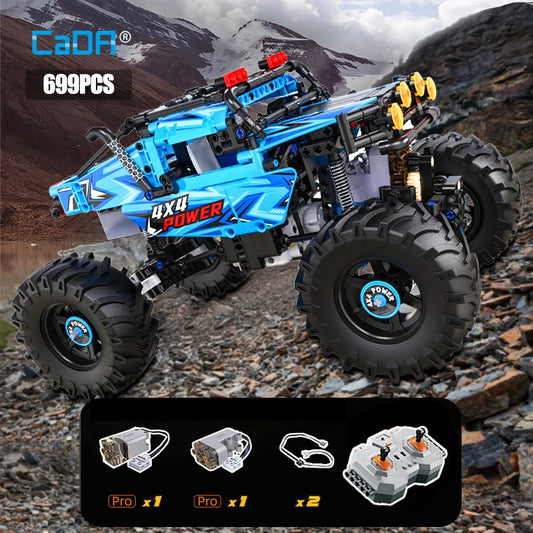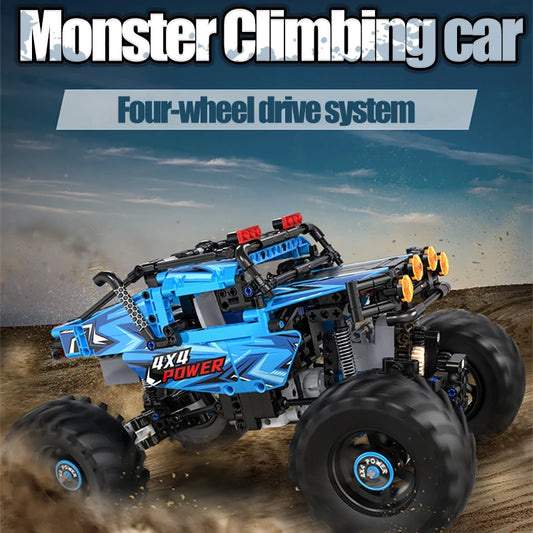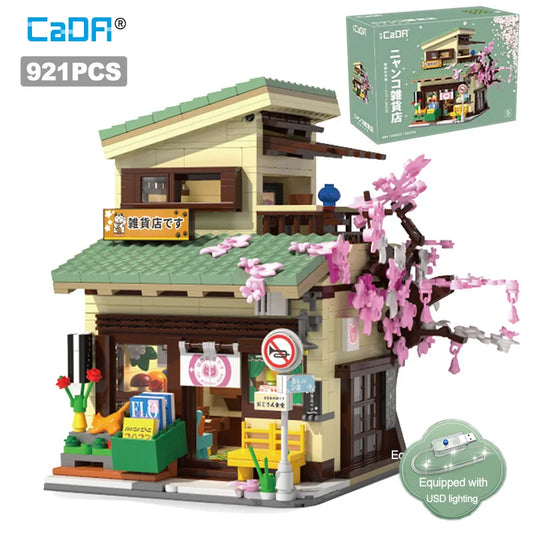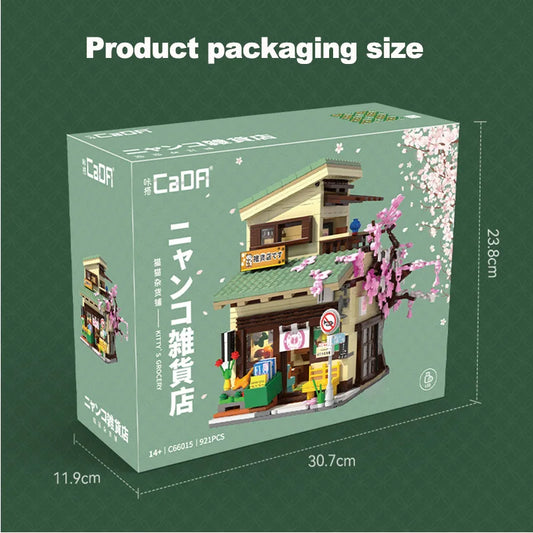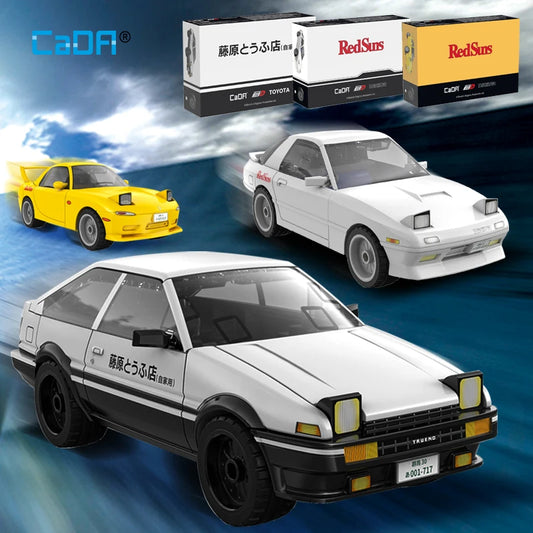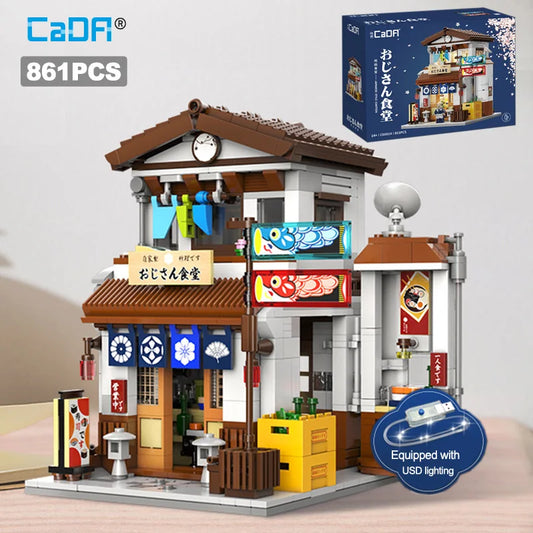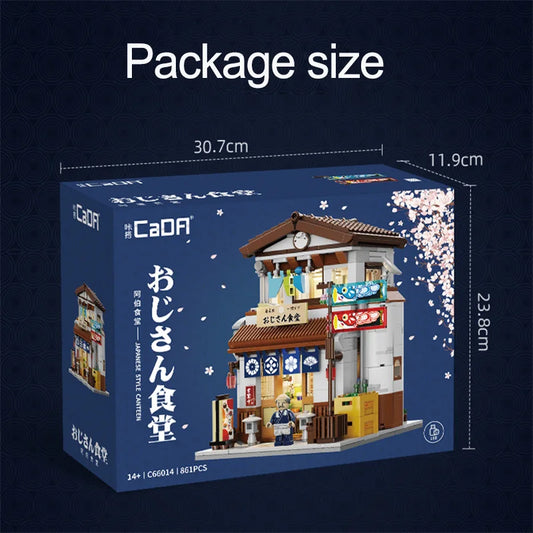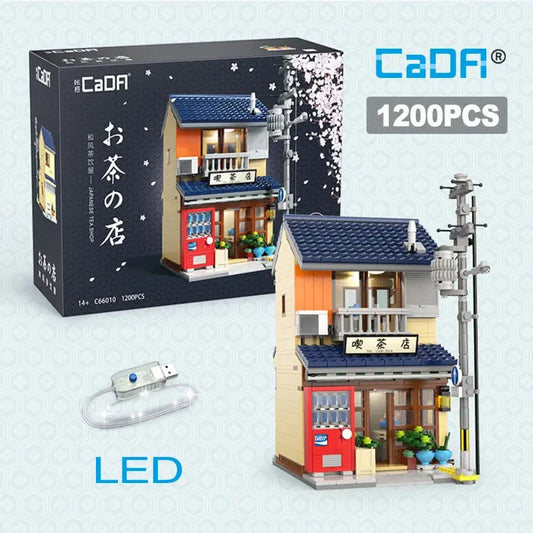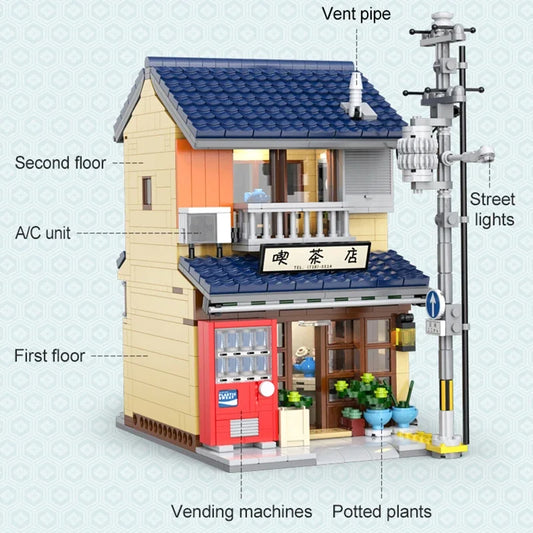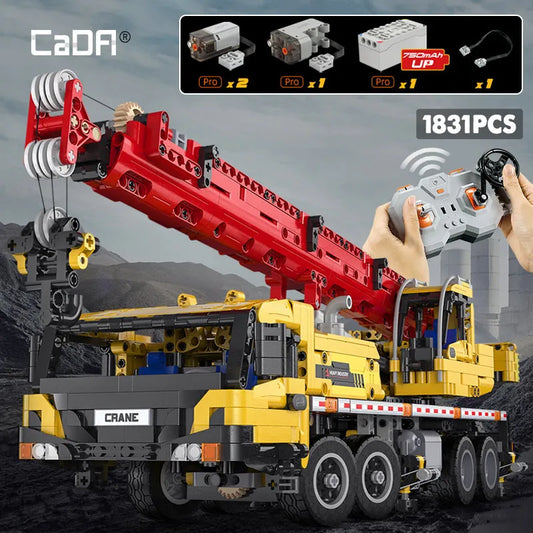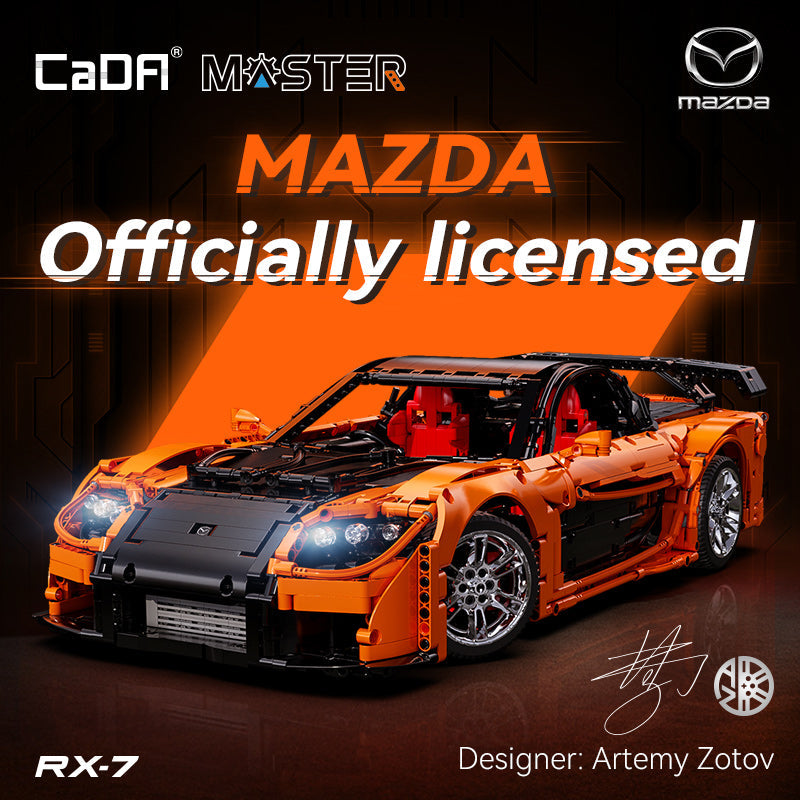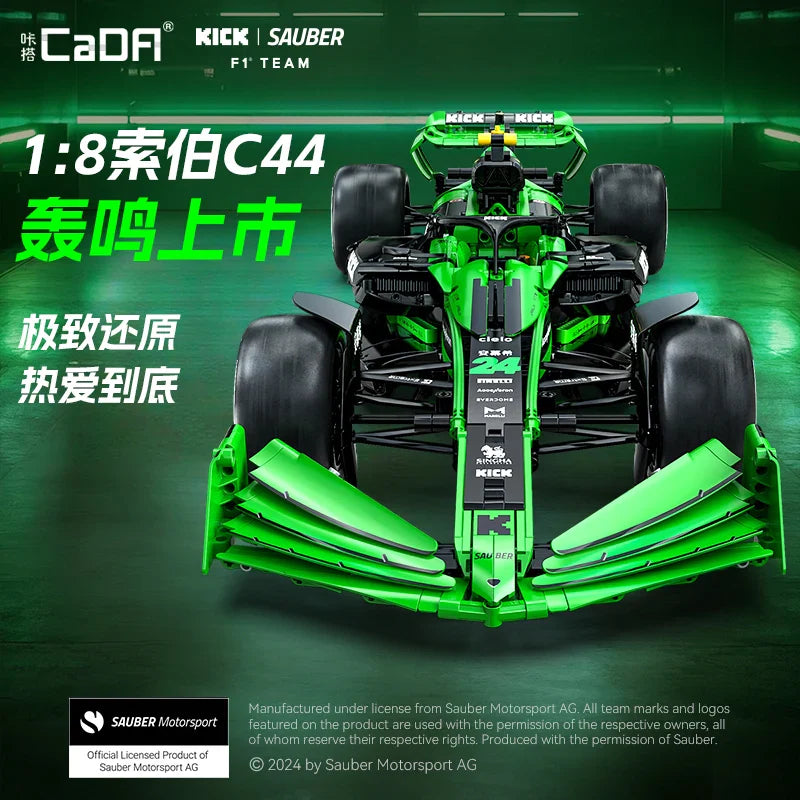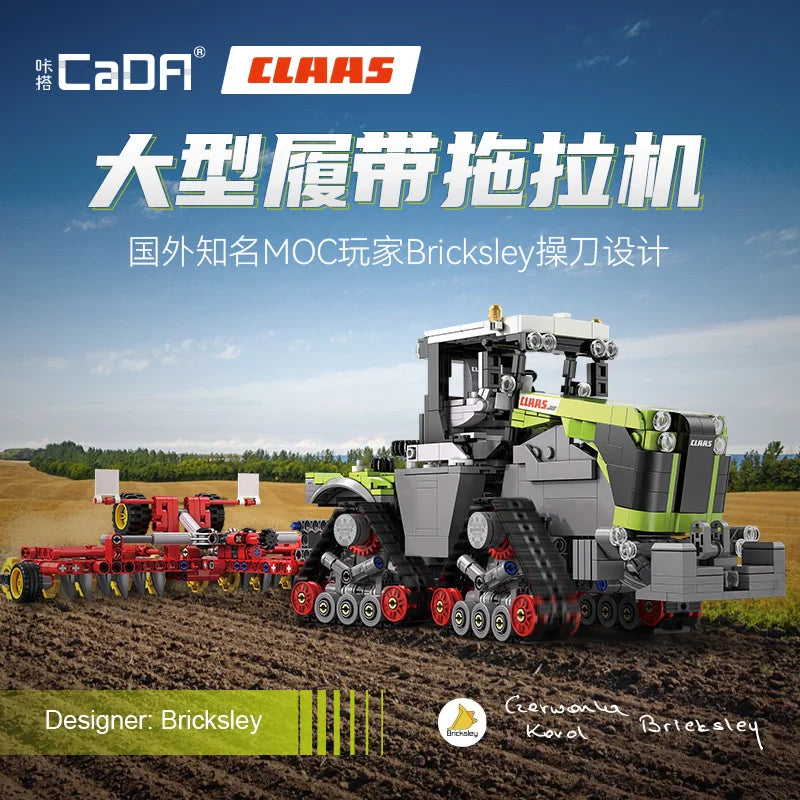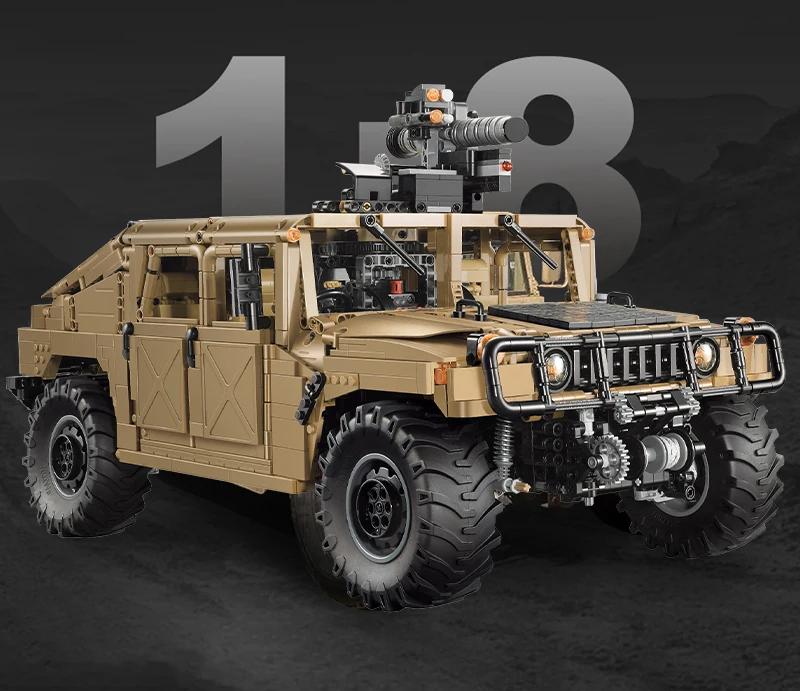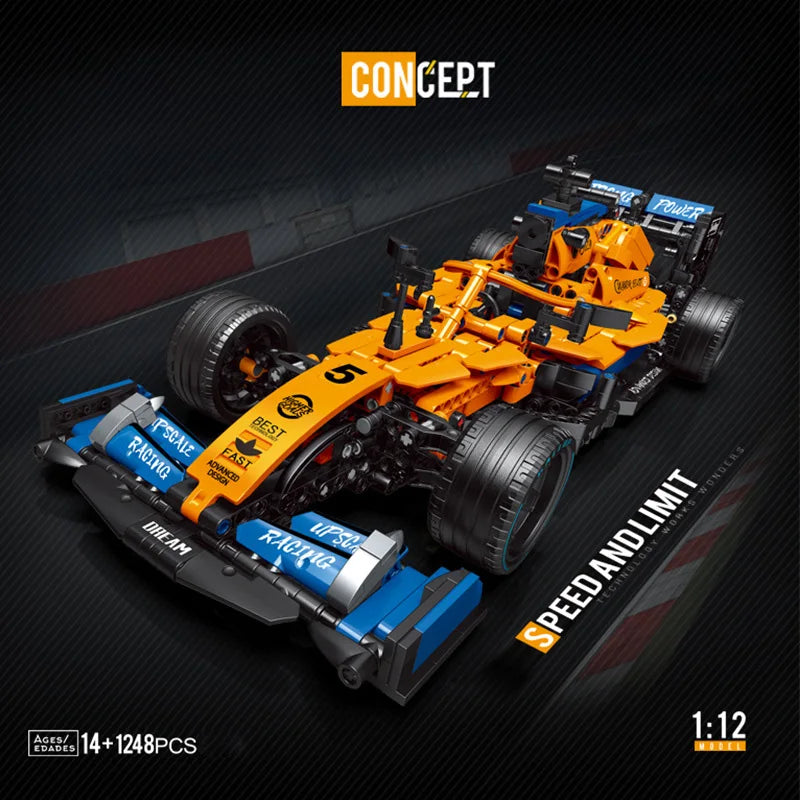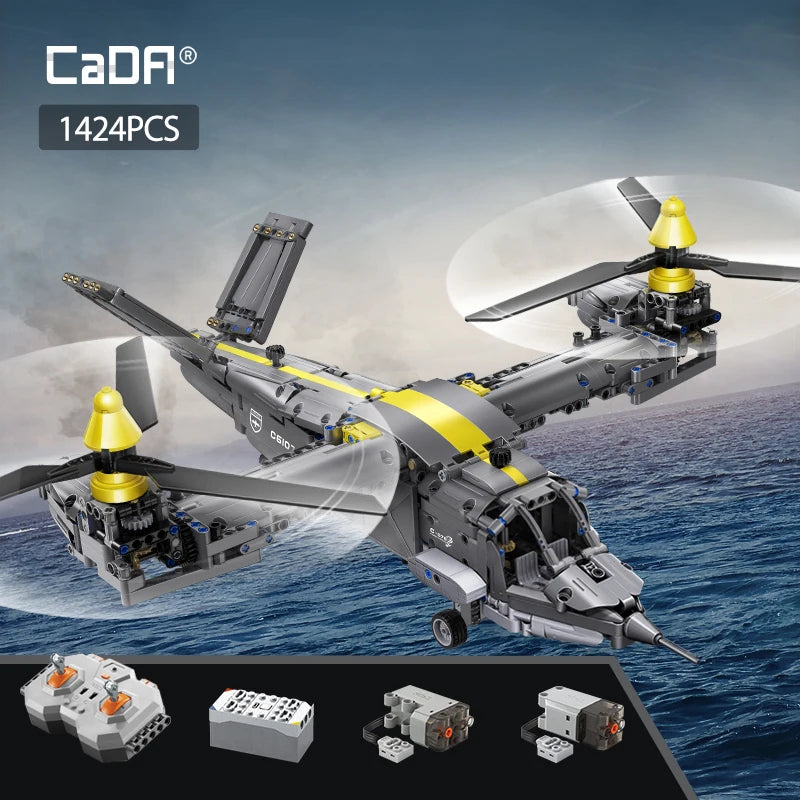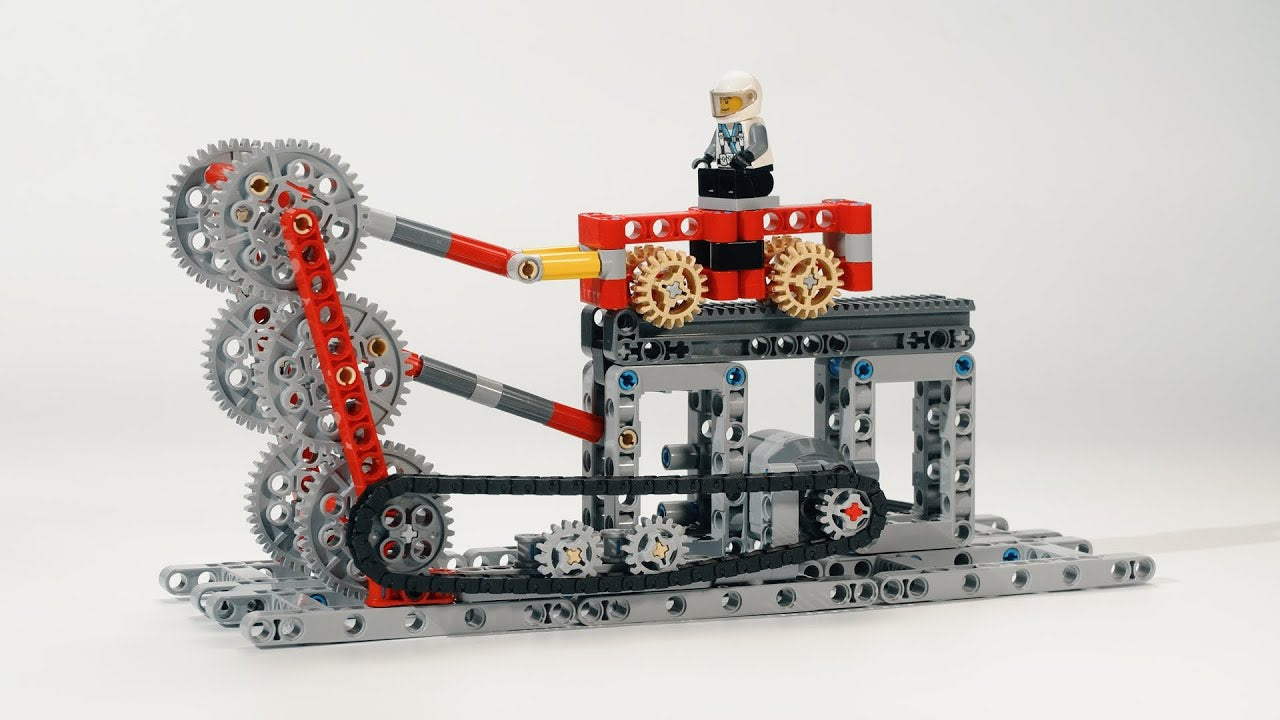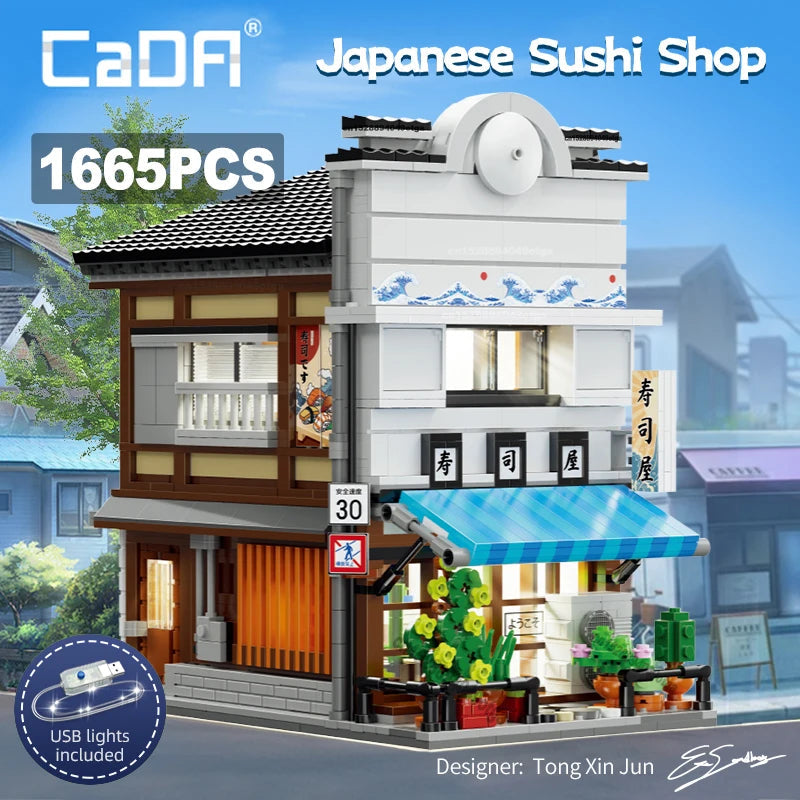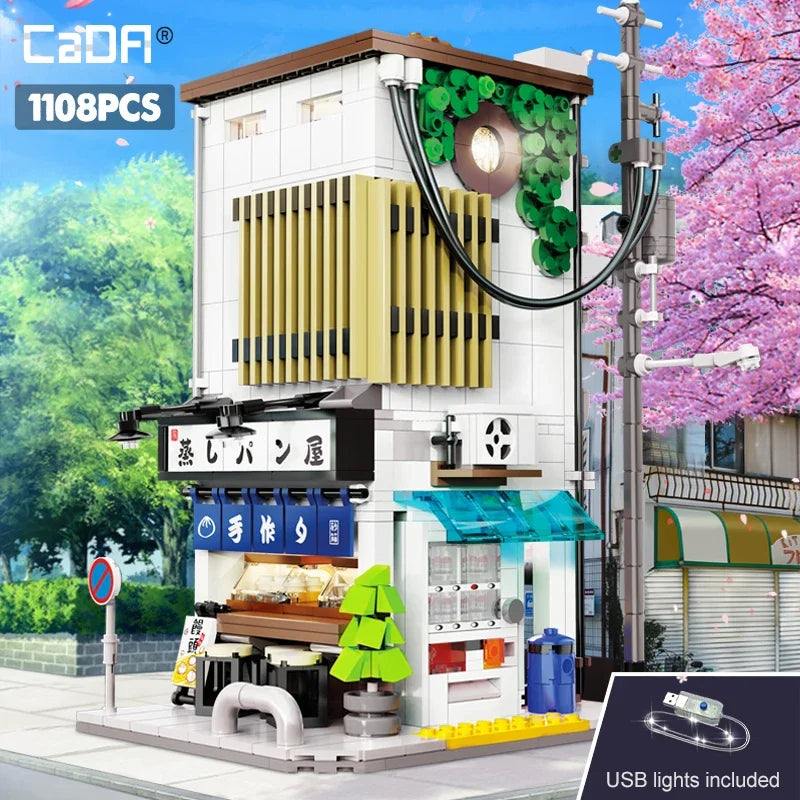Is LEGO a Publicly Traded Company 2026

Podíl
When encountering one of the most beloved toy brands in the world, the LEGO Group, a common question arises: Is LEGO a publicly traded company? As a reporter who has delved deeply into corporate structures and market statuses of global brands, I can confidently clarify this topic that often sparks curiosity among investors, fans, and curious onlookers alike. Understanding whether LEGO is public or private has implications for shareholders, potential investors, and anyone interested in the financial transparency of this iconic Danish enterprise.
Contrary to what some might assume given LEGO’s enormous market presence and cultural footprint, LEGO remains a privately held company. It is not listed on any stock exchange, meaning you cannot purchase LEGO shares through public stock markets like the NYSE or NASDAQ. LEGO’s ownership is primarily controlled by the Kirk Kristiansen family, descendants of the company’s founder, Ole Kirk Christiansen. This is a strategic choice that affects everything from LEGO’s management style to its long-term business goals and financial disclosure practices.
In this comprehensive post, I will unpack LEGO’s corporate status, explore the reasons behind its private ownership, examine the implications for investors and fans, and highlight how LEGO’s position compares to other toy industry companies that are publicly traded. Whether you’re an investor seeking opportunities or simply fascinated by LEGO’s business dynamics, this analysis will provide you with trusted, expert insight grounded in verified facts.
CADA BRICKS® Best Sellers - SHOP NOW
The Corporate Status of LEGO Group: Private vs. Public
What Does It Mean To Be Publicly Traded?
A publicly traded company means its shares are listed on a stock exchange, allowing the general public to buy and sell stock. This status requires companies to follow strict regulatory requirements including quarterly earnings reports, transparency mandates, and shareholder accountability. Public companies often pursue capital growth via investors and must balance profitability with shareholder expectations.
CADA BRICKS® Supercars - SHOP NOW
CADA BRICKS® Best Sellers | CADA BRICKS® Supercars & Racing Cars | CADA BRICKS® Trucks & Construction | CADA BRICKS® Military & Weapons | CADA BRICKS® Initial D
LEGO’s Private Ownership Structure
The LEGO Group has chosen to remain private, with ownership concentrated mainly in the hands of the Kristiansen family through a holding entity called the LEGO Foundation. This control structure enables LEGO to operate with greater independence from public market pressures. As a private company, LEGO is not obligated to disclose detailed financial reports publicly, though it occasionally publishes broad financial summaries to stakeholders.
CADA BRICKS® City Landmarks - SHOP NOW
CADA BRICKS® Licensed Cars | CADA BRICKS® Classic Cars | CADA BRICKS® Motorcycles & Bikes | CADA BRICKS® Off-Road & 4x4 | CADA BRICKS® Emergency Vehicles
Historical Context
Since its founding in 1932 in Billund, Denmark, LEGO grew from a small wooden toy workshop into a global powerhouse in the toy industry. By remaining private, LEGO has preserved its family-driven ethos and maintained strategic flexibility that might be more challenging for a public company beholden to shareholders' short-term demands.
CADA BRICKS® Technic Sets - SHOP NOW
CADA BRICKS® Japanese Street | CADA BRICKS® City & Landmark | CADA BRICKS® Science & Educational | CADA BRICKS® Technic | CADA BRICKS® Modern Architecture
Is There a LEGO Stock? Understanding the Confusion
The “LEGO” Stock Ticker Misinterpretation
A point of confusion arises from a stock ticker symbol "LEGO" listed on Nasdaq. This ticker actually belongs to Legato Merger Corp., a special purpose acquisition company (SPAC), unrelated to the LEGO Group toy company. Investors might mistakenly look for LEGO shares under this ticker but should be aware these are entirely separate entities.
CADA BRICKS® Display & Collectibles - SHOP NOW
CADA BRICKS® Castle Building Blocks | CADA BRICKS® City Building | CADA BRICKS® Remote Control | CADA BRICKS® Display & Collectibles | CADA BRICKS® Anime & Pop Culture
Why LEGO Has Not Gone Public
Despite the toy industry’s trend toward public offerings, LEGO remains steadfastly private. Reasons include:
- Retention of Control: Family ownership ensures LEGO’s long-term vision and values are protected without external shareholder interference.
- Financial Stability: LEGO is highly profitable and self-sustained, reducing the need to raise capital through public markets.
- Brand Integrity: Keeping the company private preserves the brand prestige and allows nimble, creative business decisions.
Implications of LEGO’s Private Status for Investors
No Public Shares To Buy
If you want to invest directly in LEGO, currently there is no option through public stock purchases. LEGO shares are not available on any stock exchanges globally.
Alternative Ways To Invest in the Toy Industry
Investors interested in the toy market can consider publicly traded companies like:
- Hasbro Inc. (NASDAQ: HAS)
- Mattel Inc. (NASDAQ: MAT)
- Walt Disney Co. (NYSE: DIS) (due to its entertainment and toy licensing segments)
These companies are publicly listed and provide exposure to the toy and entertainment sectors that also benefit from LEGO’s brand presence indirectly.
What LEGO’s Private Ownership Means for Financial Transparency
Because LEGO does not have to publish detailed public financial documents, investors rely on third-party reports and company press releases for performance insights. For example, LEGO reported around $4 billion in revenue in 2022, indicating strong growth despite economic fluctuations. Private ownership sometimes results in less market speculation and volatility regarding business strategies.
CADA BRICKS® Remote Control Sets - SHOP NOW
CADA BRICKS® Mechanical Engineering Building Blocks | CADA BRICKS® Kids Building Blocks | CADA BRICKS® Teens Building Blocks | CADA BRICKS® Adult Building Blocks
Comparison With Other Toy Industry Giants
Publicly Traded Toy Companies
Many competitors to LEGO, including Mattel and Hasbro, are publicly traded entities. These companies report quarterly earnings and are influenced by market sentiments and shareholder expectations. Their stock prices can fluctuate rapidly based on product launches, licensing deals, and consumer trends.
Benefits and Drawbacks of Being Public vs. Private
- Public companies: Access to capital markets for growth, liquidity for shareholders, but higher pressure on quarterly results and reduced operational privacy.
- Private companies: More control, flexibility, and privacy, but limited access to large-scale public funding and liquidity.
LEGO’s choice to remain private has allowed it to innovate steadily without public market pressures, supporting sustained growth.
What the Future Holds: Will LEGO Ever Go Public?
There is no public indication or official plan from LEGO about an IPO (Initial Public Offering). Given the company’s historical emphasis on private, family-led control and stable growth, any public listing seems unlikely in the near term.
Conclusion: Understanding LEGO’s Unique Market Position
In sum, LEGO is not a publicly traded company; it remains privately owned and controlled by the founders’ family through the LEGO Foundation. Its choice to stay private offers many strategic advantages, allowing it to prioritize long-term growth and innovation while maintaining brand integrity.
For investors, the implication is clear: LEGO stock is not available on any public exchange, and any ticker symbol like “LEGO” found on Nasdaq belongs to an unrelated company. Those looking for toy industry investments should consider publicly traded peers such as Hasbro or Mattel.
LEGO’s business story is a fascinating example of how a private, family-owned firm can thrive at a global scale while eschewing the public market spotlight. This status shapes how we understand LEGO—not just as a toy maker, but as a resilient and carefully stewarded business legacy.

